Mosquitoes are more than a minor nuisance—they can transmit serious diseases such as dengue, malaria, Zika, and West Nile virus. While chemical repellents and insecticides are effective, many gardeners prefer natural alternatives that enhance both the beauty and safety of their outdoor spaces. One highly effective method is planting mosquito-repelling plants. These plants contain natural compounds that deter mosquitoes, offering a sustainable and eco-friendly solution.
This guide explores the best plants that repel mosquitoes naturally, along with tips on planting, care, and maximizing their effectiveness.
How Plants Repel Mosquitoes
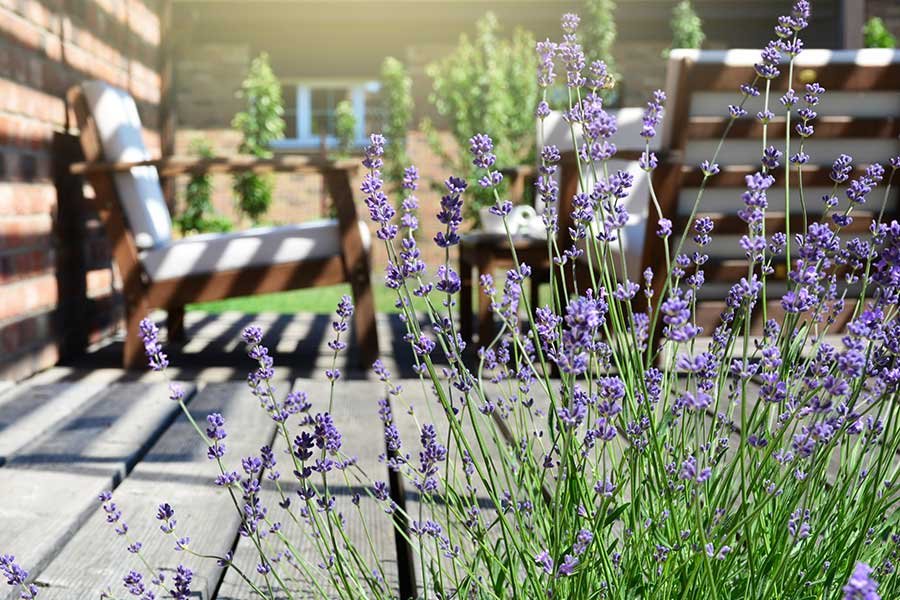
Mosquito-repelling plants work primarily through aromatic oils, essential compounds, and strong scents. Mosquitoes have highly sensitive olfactory systems, which these compounds can interfere with, making the environment less attractive to them.
Mechanisms of Natural Mosquito Repellents
- Essential oils: Citronella, lemongrass, and basil release oils that mask human scents and confuse mosquitoes.
- Volatile compounds: Some plants emit chemicals such as geraniol, linalool, and pyrethrins that repel mosquitoes.
- Physical barriers: Dense foliage or strong-smelling leaves can deter mosquitoes from lingering near the plant.
By strategically incorporating these plants into your garden or patio, you can significantly reduce mosquito activity without relying on synthetic chemicals.
Plant 1: Citronella (Cymbopogon nardus)
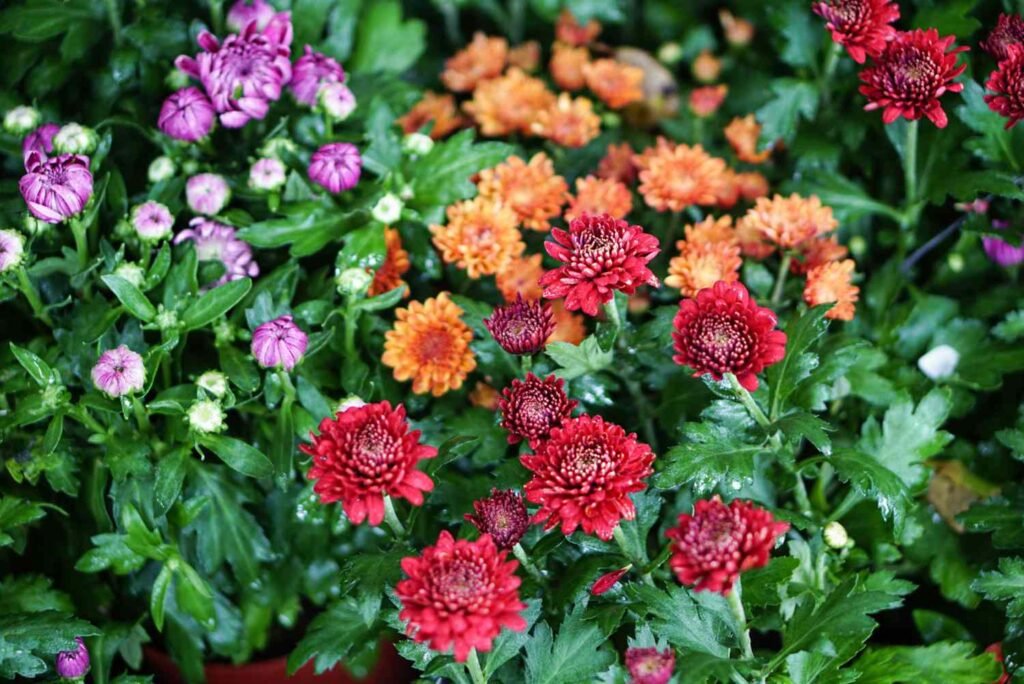
Citronella is one of the most popular and widely recognized mosquito-repelling plants.
Characteristics
- Appearance: Tall, grassy plant with long, slender leaves.
- Scent: Fresh, lemon-like aroma released when leaves are crushed.
- Climate: Thrives in warm, sunny locations and well-drained soil.
Benefits
- Contains citronella oil, which masks carbon dioxide and human scents.
- Can be grown in containers, making it ideal for patios, balconies, and garden borders.
- Adds a decorative, tropical look to landscapes.
Tips for Use
- Crush leaves gently to release aroma for maximum effect.
- Combine with other plants like lavender and basil to enhance repellency.
- Bring potted citronella indoors during frost or cold weather.
Plant 2: Lavender (Lavandula spp.)
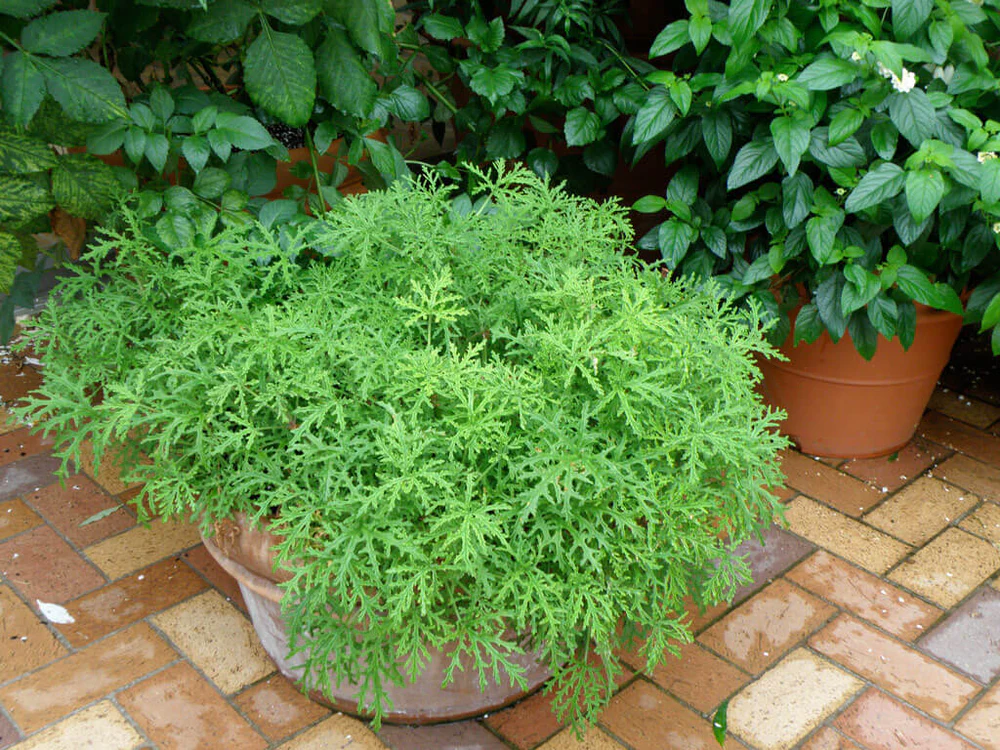
Lavender is beloved for its beautiful flowers and soothing scent, and it also naturally repels mosquitoes.
Characteristics
- Appearance: Bushy perennial with purple or blue flowers.
- Scent: Sweet, floral fragrance that is pleasant to humans but deters mosquitoes.
- Climate: Prefers full sun and well-drained soil; drought-tolerant once established.
Benefits
- Contains linalool and camphor compounds that repel mosquitoes.
- Attracts beneficial pollinators like bees and butterflies.
- Easy to grow in garden beds, borders, or containers.
Tips for Use
- Plant near seating areas, windows, or doorways to reduce mosquito presence.
- Dry lavender flowers and leaves to create sachets or indoor repellents.
- Prune regularly to encourage bushy growth and maintain plant health.
Plant 3: Lemon Balm (Melissa officinalis)
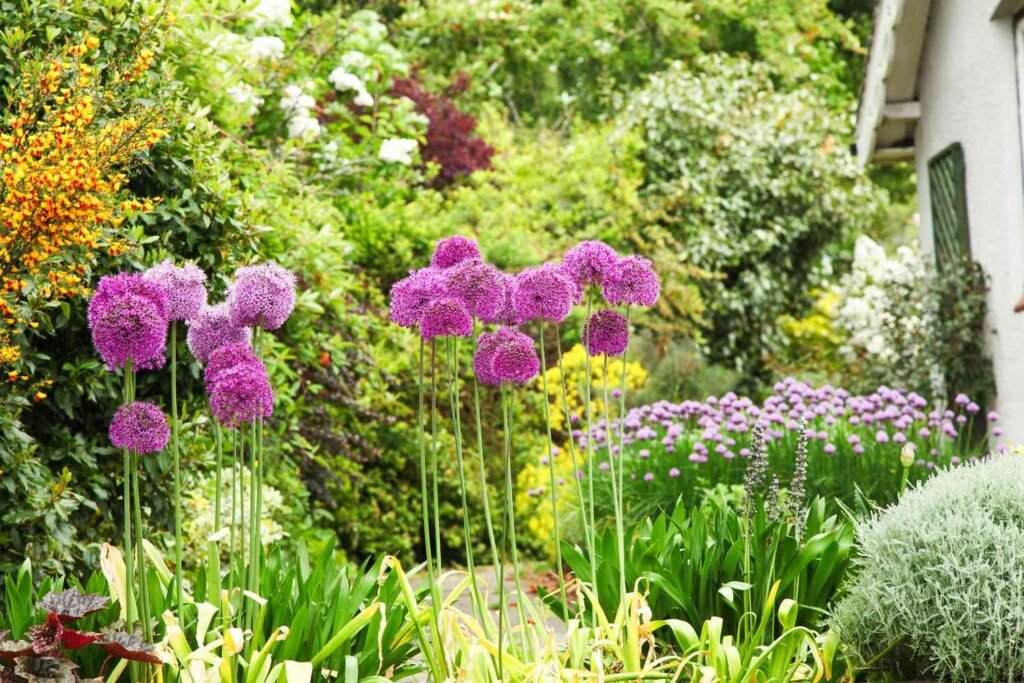
Lemon balm emits a strong lemon scent that mosquitoes find unpleasant.
Characteristics
- Appearance: Fast-growing perennial with bright green, textured leaves.
- Scent: Lemon-like aroma released when leaves are crushed.
- Climate: Prefers sun or partial shade and well-drained soil.
Benefits
- Contains citronellal, which repels mosquitoes.
- Can be used in teas, culinary dishes, or as a natural remedy.
- Provides ground cover and adds lush greenery to gardens.
Tips for Use
- Plant in containers to control spreading, as lemon balm can become invasive.
- Crush leaves occasionally to release scent.
- Interplant with flowers or vegetables to naturally reduce mosquito activity nearby.
Plant 4: Marigold (Tagetes spp.)
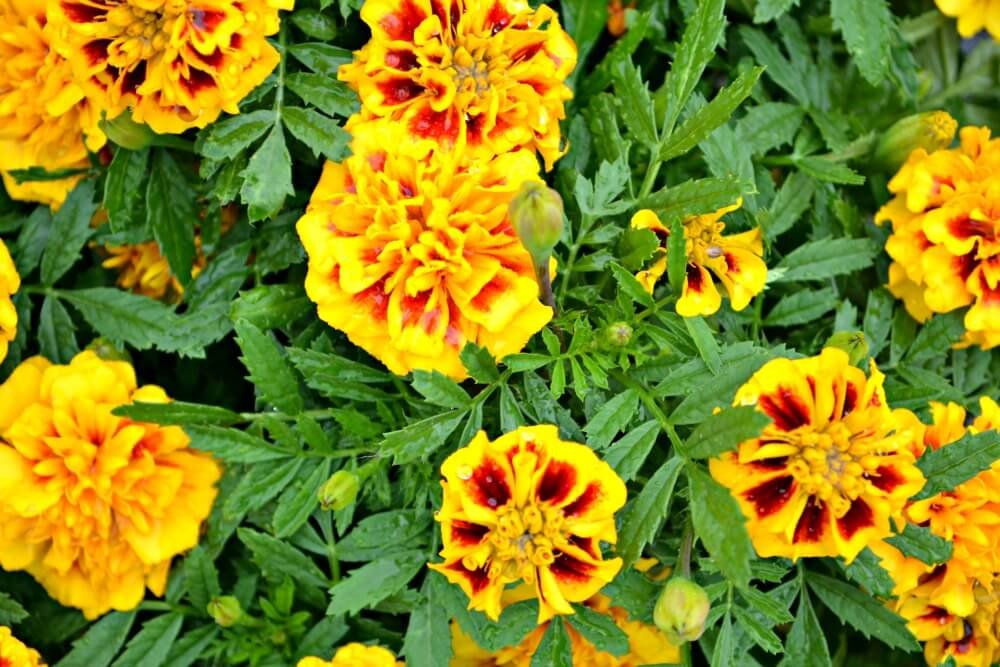
Marigolds are not only vibrant and decorative but also emit compounds that mosquitoes and other insects dislike.
Characteristics
- Appearance: Bright yellow, orange, or red flowers.
- Scent: Strong, pungent aroma from leaves and flowers.
- Climate: Thrives in full sun; tolerates heat and drought.
Benefits
- Contains pyrethrum, a natural insect-repelling compound used in some commercial insecticides.
- Easy to grow in flower beds, borders, or containers.
- Repels not only mosquitoes but also aphids and other garden pests.
Tips for Use
- Plant around vegetable gardens or near outdoor seating areas.
- Deadhead flowers regularly to encourage continuous blooming.
- Combine with basil, lavender, or citronella for enhanced protection.
Plant 5: Basil (Ocimum basilicum)
Basil is a versatile culinary herb with mosquito-repelling properties.
Characteristics
- Appearance: Bushy herb with fragrant, green leaves; flowers are small and white.
- Scent: Strong, aromatic fragrance from leaves.
- Climate: Prefers full sun and warm temperatures; sensitive to frost.
Benefits
- Contains eugenol and other aromatic oils that mosquitoes avoid.
- Can be used in cooking, teas, or homemade insect repellents.
- Compact size allows easy container planting near doors, windows, or patios.
Tips for Use
- Harvest leaves frequently to stimulate growth and release aroma.
- Plant near high-traffic areas where mosquitoes are common.
- Pair with other herbs like rosemary or thyme to maximize repellency.
Plant 6: Rosemary (Rosmarinus officinalis)
Rosemary is an evergreen herb with a woody fragrance that deters mosquitoes.
Characteristics
- Appearance: Woody shrub with needle-like leaves and blue flowers.
- Scent: Strong, aromatic scent that is pleasant to humans but repels mosquitoes.
- Climate: Thrives in sunny, dry locations with well-drained soil.
Benefits
- Contains cineole and camphor, compounds that mosquitoes dislike.
- Adds year-round structure and greenery to gardens.
- Can be pruned into hedges, topiaries, or container plants.
Tips for Use
- Plant near garden entrances, patios, or seating areas for maximum effect.
- Crush leaves occasionally to release scent.
- Combine with other aromatic herbs like basil or lemon balm for enhanced protection.
Additional Tips for Maximizing Plant Effectiveness
- Strategic placement: Plant mosquito-repelling species around seating areas, entrances, and garden perimeters.
- Use containers: Move potted plants closer to human activity for localized repellency.
- Combine multiple species: A mix of aromatic plants increases the overall deterrent effect.
- Maintain plants: Regular pruning, watering, and care ensure strong fragrance and healthy growth.
- Supplement with other methods: While natural plants reduce mosquito activity, eliminating standing water and using screens or traps can enhance effectiveness.
Benefits of Using Mosquito-Repelling Plants
Using natural mosquito repellents offers multiple advantages:
- Chemical-free protection: Reduces exposure to synthetic repellents and insecticides.
- Eco-friendly: Supports pollinators and beneficial insects while controlling mosquitoes.
- Aesthetic value: Adds beauty, color, and fragrance to outdoor spaces.
- Multi-purpose use: Many plants serve culinary, medicinal, or decorative purposes.
- Sustainable and low maintenance: Once established, plants continue to repel mosquitoes season after season.
By strategically using mosquito-repelling plants, homeowners can create safer, more enjoyable outdoor spaces without compromising on beauty or sustainability.
Conclusion
Mosquitoes pose both a health risk and a nuisance in gardens and outdoor spaces. Using plants that naturally repel mosquitoes is an effective, eco-friendly solution that combines aesthetic appeal with functional protection.
The six best plants for repelling mosquitoes—citronella, lavender, lemon balm, marigold, basil, and rosemary—offer strong aromatic compounds that deter mosquitoes while enhancing gardens with color, fragrance, and biodiversity. By planting strategically, maintaining healthy growth, and combining multiple species, homeowners can significantly reduce mosquito activity around homes and outdoor spaces.
Integrating mosquito-repelling plants into your landscape not only protects your garden but also creates a more enjoyable environment for relaxation, social gatherings, and outdoor activities. With thoughtful planning, a fragrant, lush, and mosquito-minimized garden is possible.
